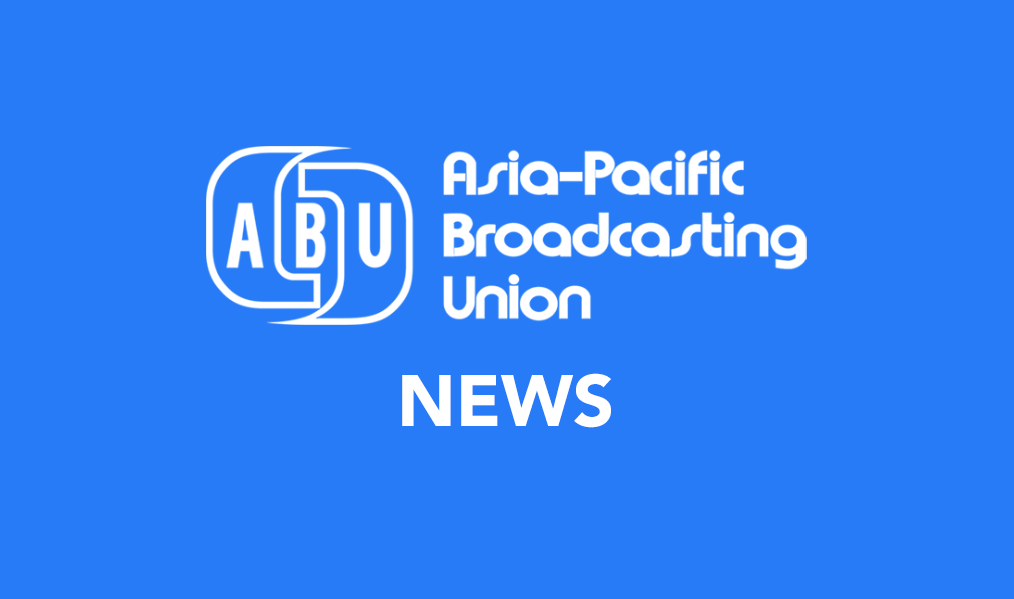
NHK marks 69 years since nuclear bombings
 Sixty-nine years after atomic bombs were dropped on Japan, the country’s international service NHK World will broadcast from peace ceremonies in Hiroshima and Nagasaki, together with special programs on the themes of nuclear weapons and peace.
Sixty-nine years after atomic bombs were dropped on Japan, the country’s international service NHK World will broadcast from peace ceremonies in Hiroshima and Nagasaki, together with special programs on the themes of nuclear weapons and peace.
NHK is dedicating the month of August to reporting on how people of afflicted places are working for the abolition of nuclear weapons and conveying their thoughts on peace to the world.
A Newsline TV program Special Edition: Remembering Hiroshima on 6 August showed the peace ceremony in Hiroshima, interwoven with interviews with experts and studio analysis.
During the week, Newsline was broadcasting a series of special reports from Hiroshima and Nagasaki made especially for international audiences. Topics range from efforts to pass on the experience of the bombings to future generations to calls to the people of the world for the abolition of nuclear weapons.
On 9 August, the anniversary of the Nagasaki bombing, Newsline planned to carry detailed updates and reports on the day’s ceremonies.
Other special programming includes: Putting Humanity First, about a Swiss doctor Marcel Junod who arrived in Hiroshima in September, 1945, shortly after the bombing; The Bikini Incident – 60 Years of Unspoken Pain, about a Japanese tuna fishing boat that was exposed to radiation by a US hydrogen bomb test at the Bikini Atoll in the Pacific Ocean in 1954; and Downwinders, about the fall-out from repeated nuclear tests in Nevada.
NHK World Radio Japan will broadcast 69 Years of Radiation Victims Living Abroad, a three-part series involving 17 languages about the 4,500 people in 35 countries and regions who left Japan after experiencing the Hiroshima and Nagasaki bombings who have been formally recognised as radiation victims. Most were Koreans who returned home after the war or Japanese emigrants to South America.

